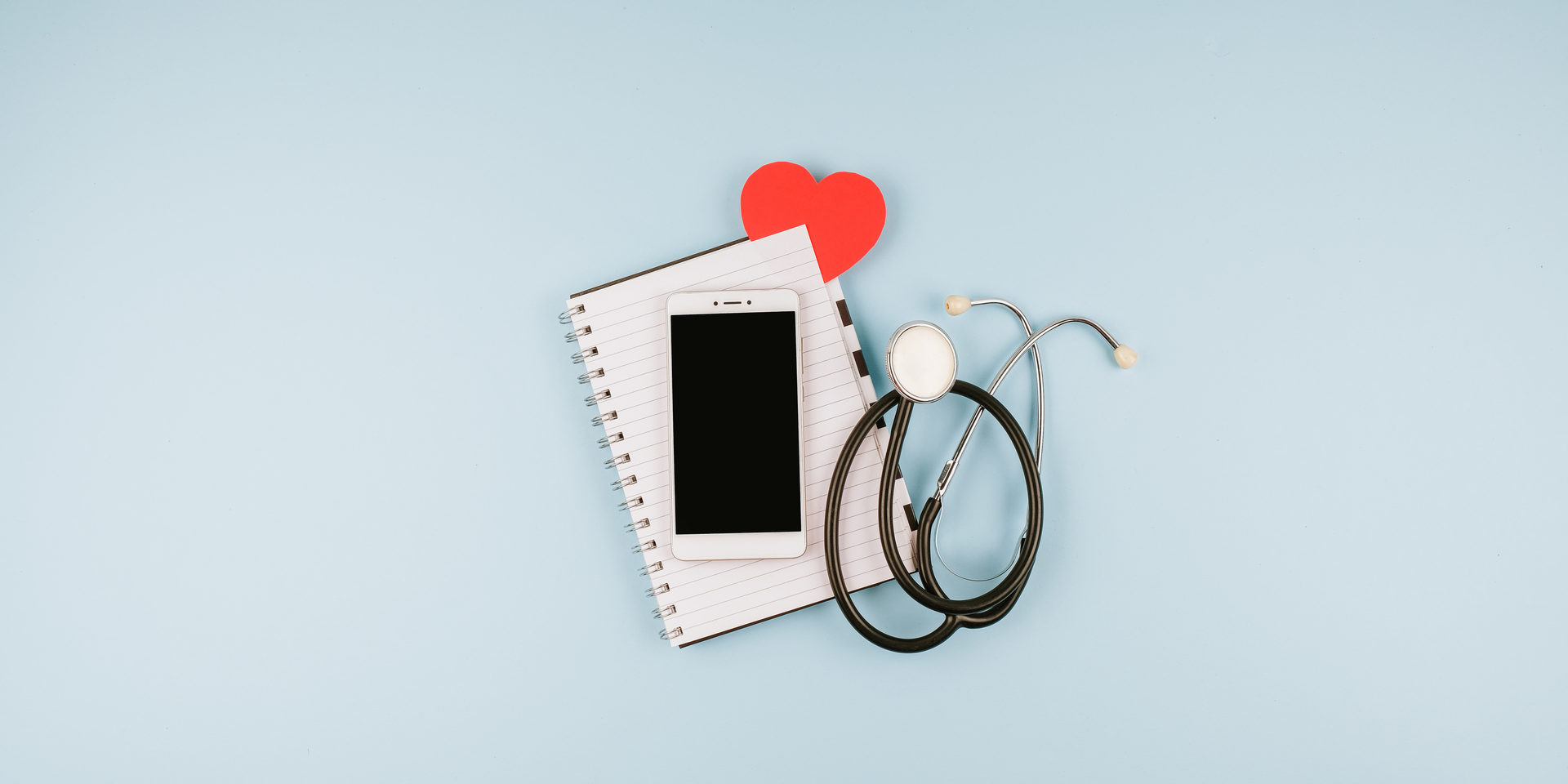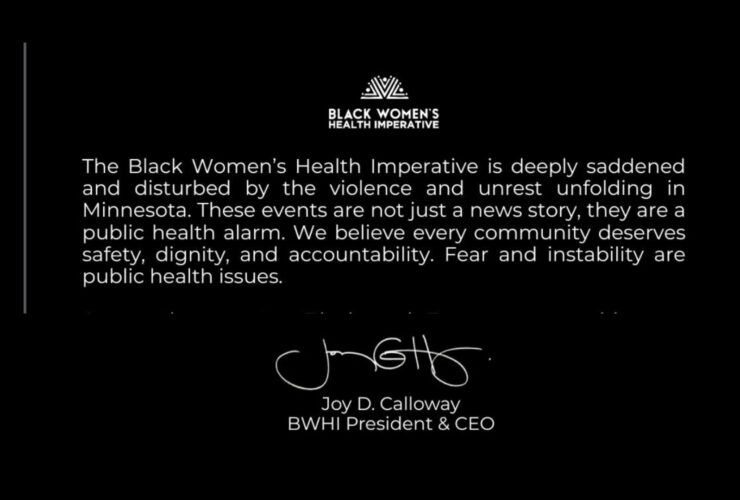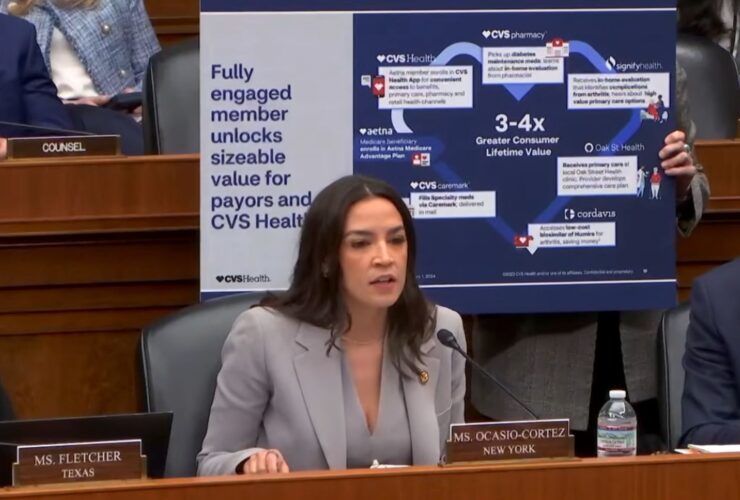These are unprecedented times. The numbers of COVID-19 diagnoses and sadly, deaths is still on the rise across the country. The Black Women’s Health Imperative is following the CDC’s guidance on Stay at Home orders around the country, social and physical distancing and other safety precautions, even as some states and cities are working to open up now. Many people have been furloughed or lost their jobs and unfortunately their employer-sponsored health care coverage during this time.
Here’s some basic things you need to know:
There has never been a time like this, since the Great Depression in terms of the US Economy and job losses. If you have lost your job or been laid off, you are not alone. And being without health care coverage in the middle of a global pandemic can cause even more anxiety. But don’t panic. Do your homework to see where you can get coverage. There is no COVID-19 specific Special Enrollment at this time. But you may be eligible for Special Enrollment under the special circumstances—but only if you had health insurance coverage before the changes in your circumstance. Please check in at www.healthcare.gov
- If you had coverage on your job, check the fine print to see if your employer is extending your coverage.
- If you have lost coverage due to the COVID-19 pandemic, there are things you can do. Check out the Special Enrollment Period of the Affordable Care Act by going to www.healthcare.gov. There are also options through Medicaid.
- Did your employer offer you COBRA coverage? Know the premiums that are associated with COBRA coverage and when they are due.
- The Special Enrollment Period is for those who have had a change in their status due to job loss, change in marital status, a death, or aging out off of your parents’ insurance at age 26.
- Each year the Affordable Care Act opens Open Enrollment for health care coverage in November of each year and is open through December 15, of that year. The most recent open enrollment ended on December 15, 2019. Thousands of uninsured Americans selected a plan that works for them, enrolled and began paying regular premiums to get and maintain health insurance coverage.
Who is at risk for COVID-19?
Everybody. If you are alive, you are at risk. If you have chronic illnesses like diabetes, high blood pressure, lung disease, asthma, a compromised immune system for any reason, or cancer you are not only at higher risk for getting the virus, you may also have more severe issues. Also be aware that the CDC says that people who are over age 60 are at particular risk. The highest number or people who have died from the virus are over 65. It is important that we all protect our most vulnerable from infections.
COVID-19 is impacting every community
As of now large urban areas, and cities across the South are being hit hardest. But it doesn’t mean that you won’t be impacted in your city. COVID-19 Is highly contagious and is sweeping across the country. Every state has COVID-19 cases. Every single state has been impacted. And although nationwide data is not being collected by the CDC, Blacks have had high mortality rates in Chicago, Detroit, Milwaukee, New York and other urban areas.
Wash, Wipe Down, and Wash Again
It is so important to wash your hands for 20 seconds, often.
Also wipe down surfaces regularly. We now know that the virus can live on counters, keyboards, phones and other surfaces for hours and even days. The CDC has given some good guidance on when and how to wash your hands. You may not be able to find little bottles of hand sanitizers but good old soap and water and washing the right way can help prevent the spread of the virus.
Wear a mask.
Get and wear a mask when you go out of the house. The experts suggests that the public leave the hard to come by N-95 masks for the frontline health care workers. If you can’t find masks in the stores or online, make your own. It’s easy to do a lo-jack version.
Why now? There are lots of people who have COVID-19, but have no symptoms and have not been tested. Wearing a mask keeps from spreading the virus, if you have it. Medical experts say that the cloth masks won’t protect you from getting it though. The best advice is to stay at home if you can. But if you have to go out to get groceries or to the pharmacy, use a mask.
So much of the advice that is out there is for people who have the luxury of working from home. What If you have to go to work outside of your home? Not everybody is able to stay home. Millions of workers, whether they be the cashiers and people who stock the stores, mail and shipping persons, pharmacists, health care workers, armed service personnel, first responders in the police and fire departments and even those who are working at fast food restaurants are showing up to work and facing the daily potential exposure to the virus. Social distancing and regular hand washing are important protections.
But stay home if you can
The best way to keep safe is through social distancing. Stay home if you can.
If you have to go out for groceries or medications
Practice social and physical distancing. Stay at least six feet away from other people if you are in the store. Limit your visits to the store to absolute necessity
This is not the time to visit with family and friends. COVID-19 is highly contagious and can put people you care about at risk. People over the age of 60 are particularly vulnerable. We have seen cases where whole nursing homes (both patients and staff) have been impacted, and in some cases have died.
The Bottom Line is to Stay Vigilant
There is no cure or vaccine at this point. Repeat—there is no cure or vaccine at this point. Like the flu, it is a virus that must run its course.




